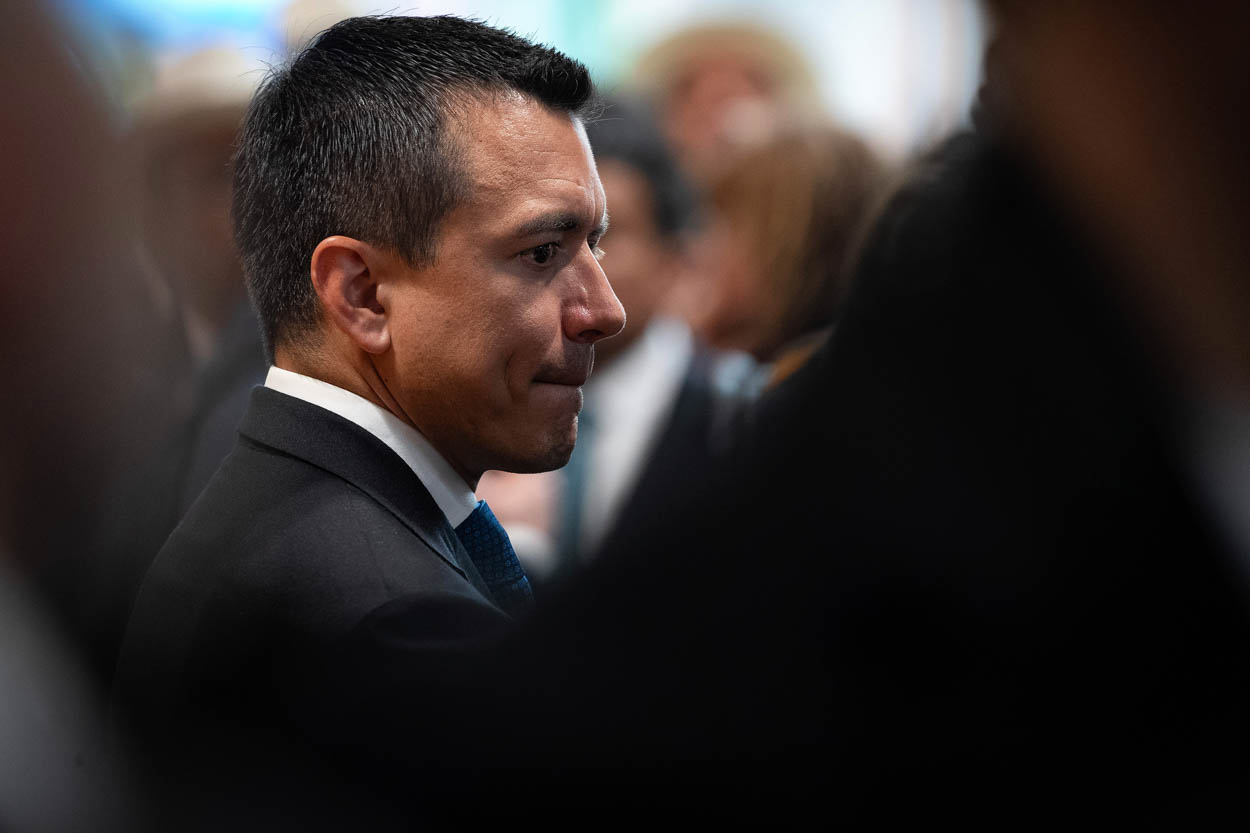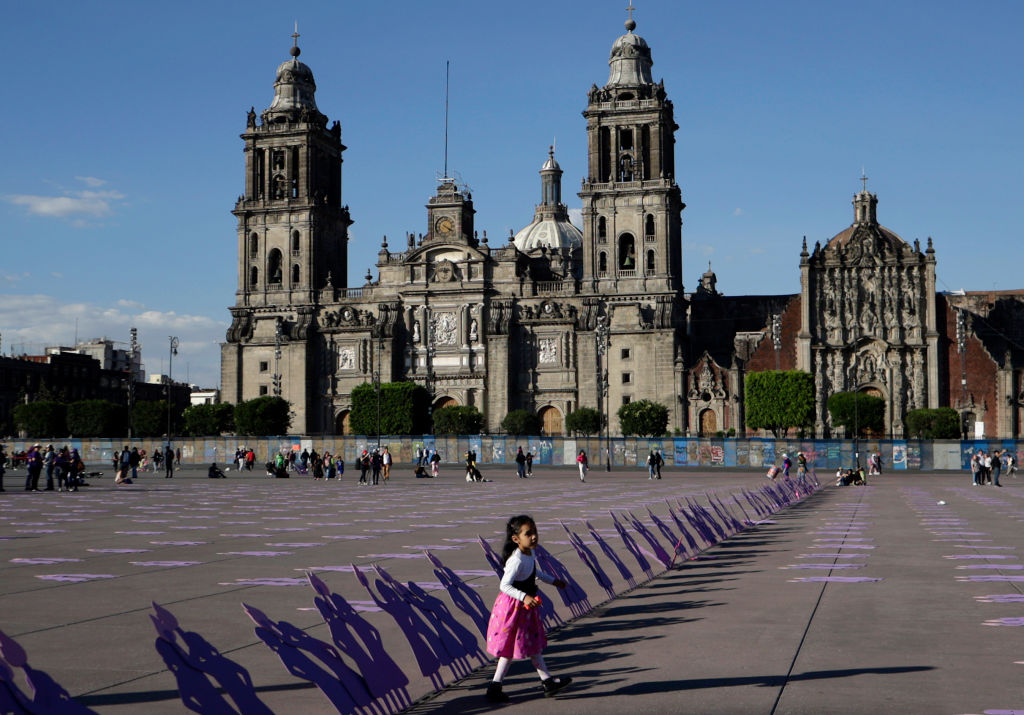Caracas, Moscow Play Cold War Games with Washington
Caracas, Moscow Play Cold War Games with Washington
The arrival of Russian warplanes in Venezuela and plans for joint naval operations in the Caribbean raise eyebrows at a time of strained relations between Washington and Moscow. But the use of ships and aircraft dating from the Cold War may lessen potential threats.
At a time of strained relations between Washington and Moscow, Venezuela and Russia could cause further irritation by stepping up their military ties. On September 10, two nuclear-capable, long-range Russian bombers arrived in Venezuela on a training mission. This came within days of an announcement from Venezuelan President Hugo Chávez confirming joint military exercises with the Russian Navy in the Caribbean by early December.
Some speculate that Russian Prime Minister Vladimir Putin and Chávez hope to play a geopolitical game in response to the U.S. backing of Georgia, Washington’s missile defense shield plans for eastern Europe, the reactivation of the U.S. Fourth Fleet in Caribbean waters, and NATO’s temporary deployment of its Maritime Group One in the Black Sea. Media outlets speculate that Russia’s moves to step up its presence in the Western Hemisphere raises Cold War specters.
But the reaction to joint naval operations from the United States has, thus far, been muted. As the Economist notes, “The public response from Washington has been a barely-stifled yawn.” In a September 8 press briefing, U.S. Department of State Spokesman Sean McCormark responded to a question about the planned naval operations by saying, “I suppose if it is, in fact, true, then they found a few ships that can make it that far.” A Navy Times article writes of similar indifference from the U.S. Department of Defense. Indeed, most of the Russian vessels date back to the Soviet era and some are riddled with mechanical problems. “Russia’s military must leap huge hurdles—financial, industrial, technical and professional—before it will ever be more than a regional, mostly defensive force,” reports Wired’s “Danger Room” blog in its coverage of Moscow’s plans to send a Cold War-era ship called Peter the Great to Venezuela.
Despite a seeming lack of concern emanating from Washington, the announcement about joint naval operations coincided with other signs of U.S.-Russo fractures. On September 8, U.S. President George W. Bush announced intentions to rescind the 123 Agreement (approved in May) with Russia on peaceful nuclear cooperation. “Unfortunately, given the current environment, the time is not right for this agreement,” said U.S. Secretary of State Condoleezza Rice in a statement. And the arrival of bombers may have caused more raised eyebrows, with the State Department saying it plans to closely monitor the warplanes' activities.
The Russo-Venezuelan military connection predates the joint exercises announced in the last few days. In 2006, Chávez made a $3 billion weapons purchase from Moscow followed by another deal a year later involving five submarines. More recently, Chávez visited Russia in July, when leaders strengthened ties in areas ranging from energy to technology sharing and Venezuela purchased more than 50 helicopters and 24 fighter planes.
The joint operations provided Chávez with another opportunity to rail against Washington. “What's coming is a multipolar world in which Venezuela is a free country, that's what's coming,” said the Venezuelan leader following the planes’ arrival. Furthermore, a Venezuelan television show played tapes of Venezuelan military officers allegedly plotting against the president, prompting Chávez to call the program live, order an investigation, and rant against his foes. On Thursday, Chávez expelled the U.S. ambassador to show support for Bolivia, which expelled an ambassador a day earlier and saw the Bush administration reciprocate.
Read AS/COA’s coverage of the recent warming of Russo-Cuban relations.







